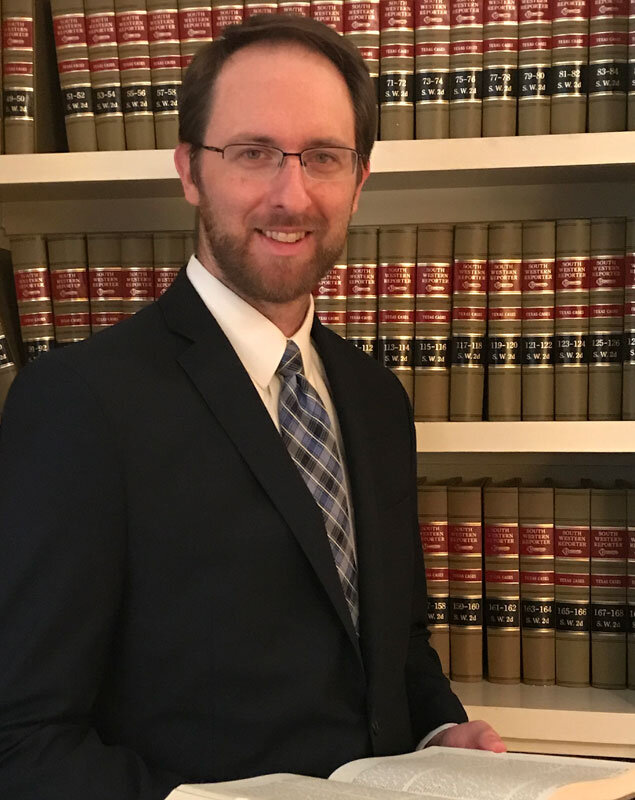What If You Don’t have a Will?
Studies suggest that a majority of adults do not have an estate plan of any kind, even a will. What happens when those people die?
Kevin Horner
Galligan & Manning
Studies suggest that a majority of adults do not have an estate plan of any kind, even a will. The issue of what happens when a person doesn’t have a will comes up frequently in our practice. The answer to the question, which is what I’ll discuss here, provide lots of reasons to have one. You can see a recent article entitled “Placing the puzzle pieces of long-term care and planning a will” from the Pittsburgh Post-Gazette for a bit more background, although state processes vary.
First, a will is a written document stating wishes and directions for dealing with the property you own after your death, also known as your “estate.” When someone dies without a will, property is distributed according to their state’s intestacy laws. Intestacy sets who your beneficiaries will be since you haven’t chosen them, and generally are next of kin (with some wrinkles). If your next of kin is someone you loathe, or even just dislike, they may become an heir, whether you or the rest of your family likes it or not. If you are part of an unmarried couple, your partner has no legal rights, unless you’ve created a will and an estate plan to provide for them.
Intestacy rules vary greatly from state to state, especially in a community property state like Texas. In general, intestacy laws distribute property to a surviving spouse or certain descendants. A very common exception, which many people don’t know and are surprised to learn, is that if you have children from outside of the current marriage, not everything goes to that spouse. I frequently encounter families who assume spouse gets everything, regardless of family makeup, and this often leads to conflicts with family.
While practicing in Pennsylvania I actually had a situation in which one spouse died young without children and with living parents. Not everything goes to the spouse in that situation, but instead, partially to spouse and the rest would have been divided between the surviving spouse and parents. The surviving spouse was not pleased to learn that.
This may also lead to a difficult result for the beneficiary. If they have disabilities and are using government benefits, receiving the inheritance may cause them to lose those benefits, which may be critical for that person’s care. Wills and other estate planning documents can prevent that outcome.
If you don’t have a will, at least in Texas, it may be necessary to have a proceeding to determine who the heirs even are. This is called an heirship proceeding and can be quite expensive as the court appoints another attorney (who you pay) to look for unknown heirs. This whole process also adds time and uncertainty to a process which is already difficult due to the loss of a loved one.
Additionally, a will designates a person to handle the estate, often called an executor, and typically names successors should the first named person be unable or unwilling to serve. In the absence of these directions, the heirs will have to figure it out among themselves, hopefully amicably and without litigation.
Many states also have limited proceedings that may or may not be helpful when a person doesn’t have a will. For example, Texas has affidavits of heirship which can address retitling of land interests, such as the residence. However, that won’t help for bank accounts. Pennsylvania actually has a rule permitting small bank accounts to be distributed to next of kin after the funeral is paid. That too may help, unless the account is $10,000 and is useless for land. Many states have small estate proceedings that can work, but in practice are often cumbersome.
A much better solution: speak with an experienced estate planning attorney to have a will and other estate planning documents prepared to protect yourself and those you love.
Start by determining your goals and speaking with family members. You may be surprised to learn an adult child doesn’t need or want what you want to leave them. If you have a vacation home you want to leave to the next generation, ask to see if they want it. It may reveal new information about your family and change how you distribute your estate. A grandchild who has already picked out a Ferrari, for instance, might make you consider setting up a trust with distributions over time, so they can’t blow their inheritance in one purchase.
Determining who will be your executor is another important decision for your will. They are a fiduciary, with a legal obligation to put the estate’s interest above their own. They need to be able to manage money, make sound decisions and equally important, stick to your wishes, even when your surviving loved ones have other opinions about “what you would have wanted.”
If there is no one suitable or willing, your estate planning attorney will have some suggestions. Depending on the size of the estate, a bank or trust company may be able to serve as executor.
The will is just the first step. An estate plan includes planning for incapacity. With a Will, a Power of Attorney, Medical Powers of Attorney and other documents appropriate for your state, you and your loved ones will be better positioned to address the inevitable events of life.

